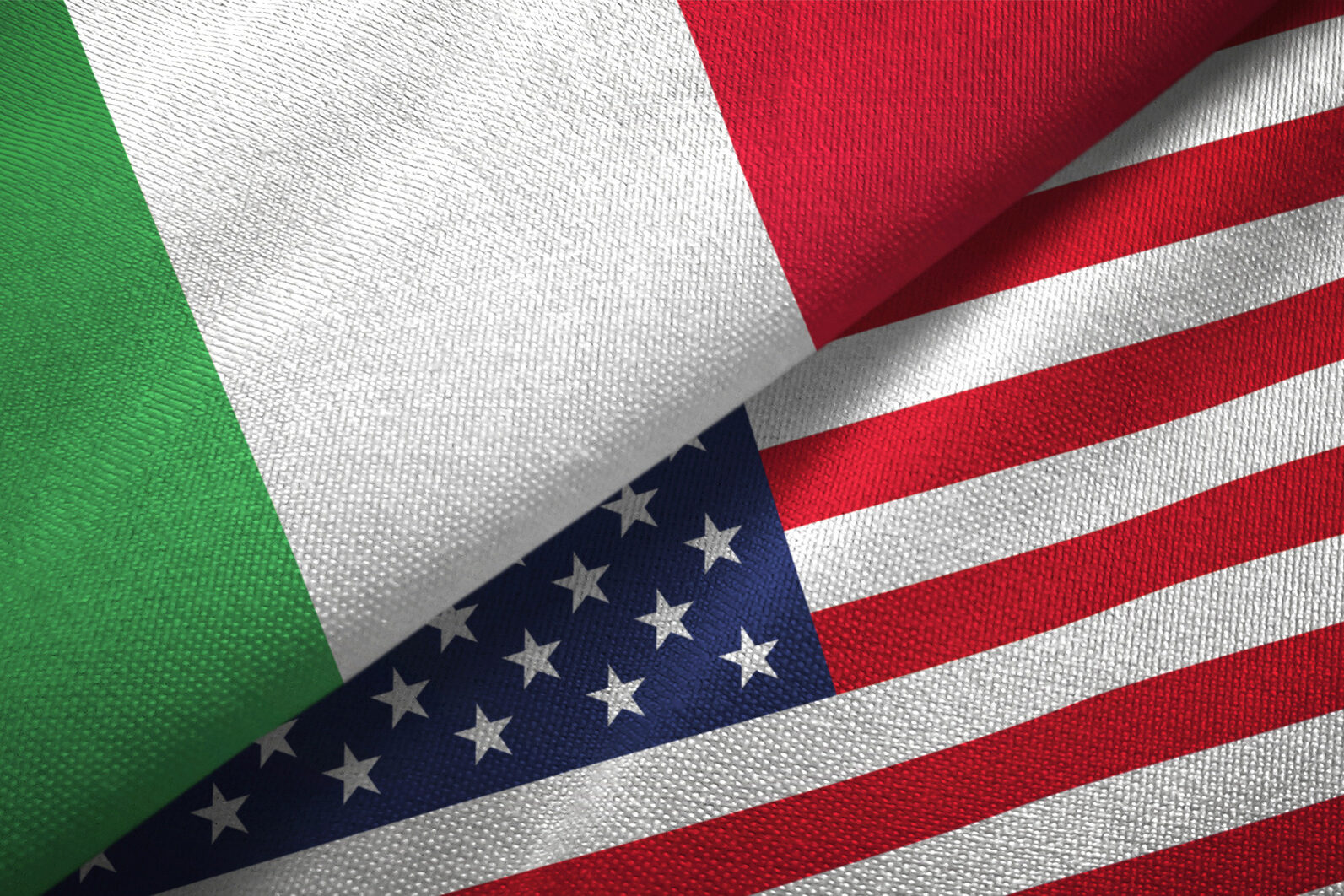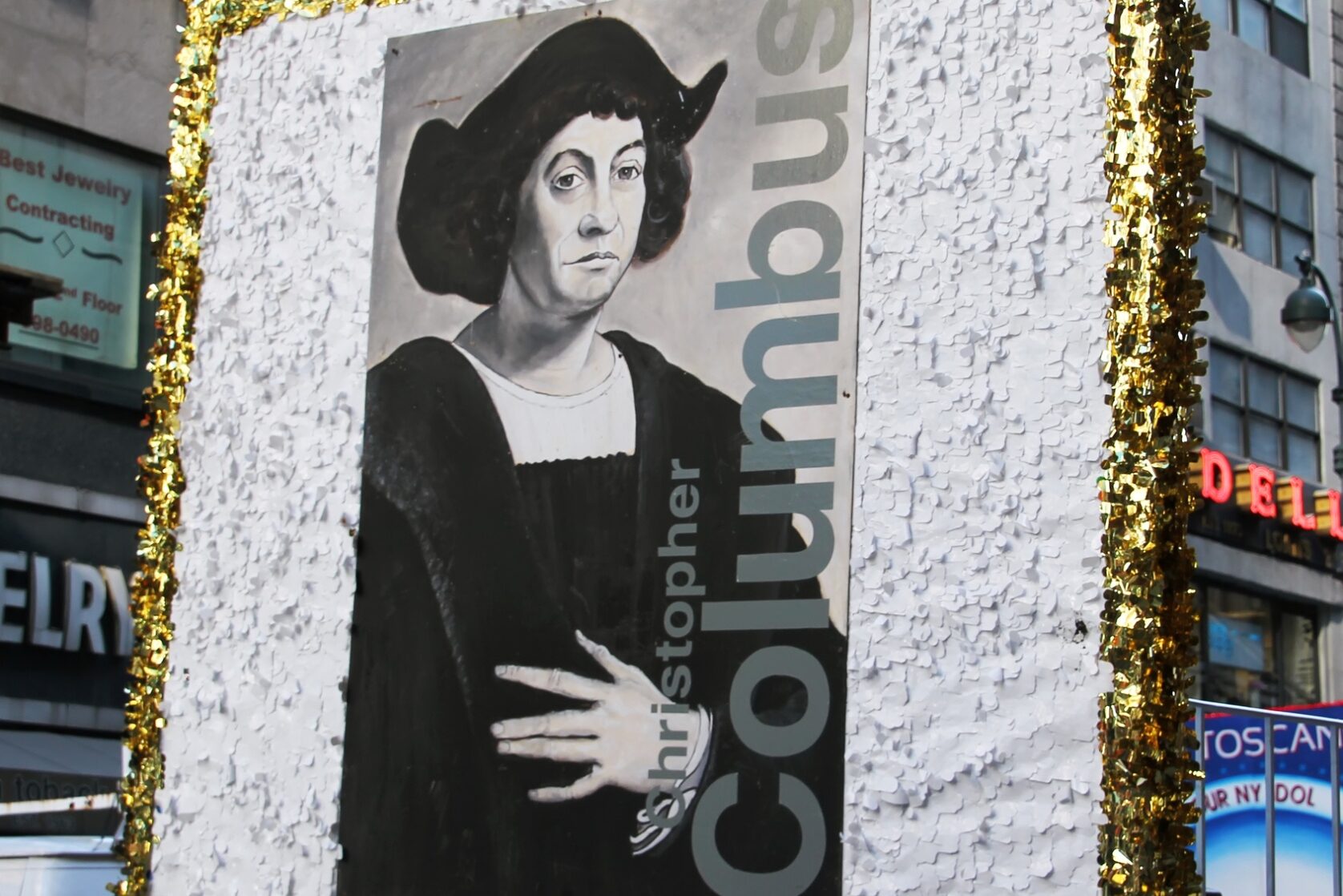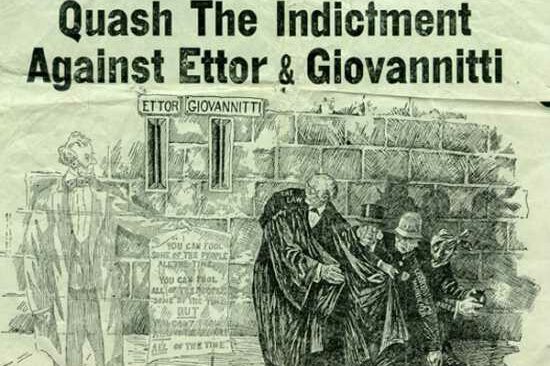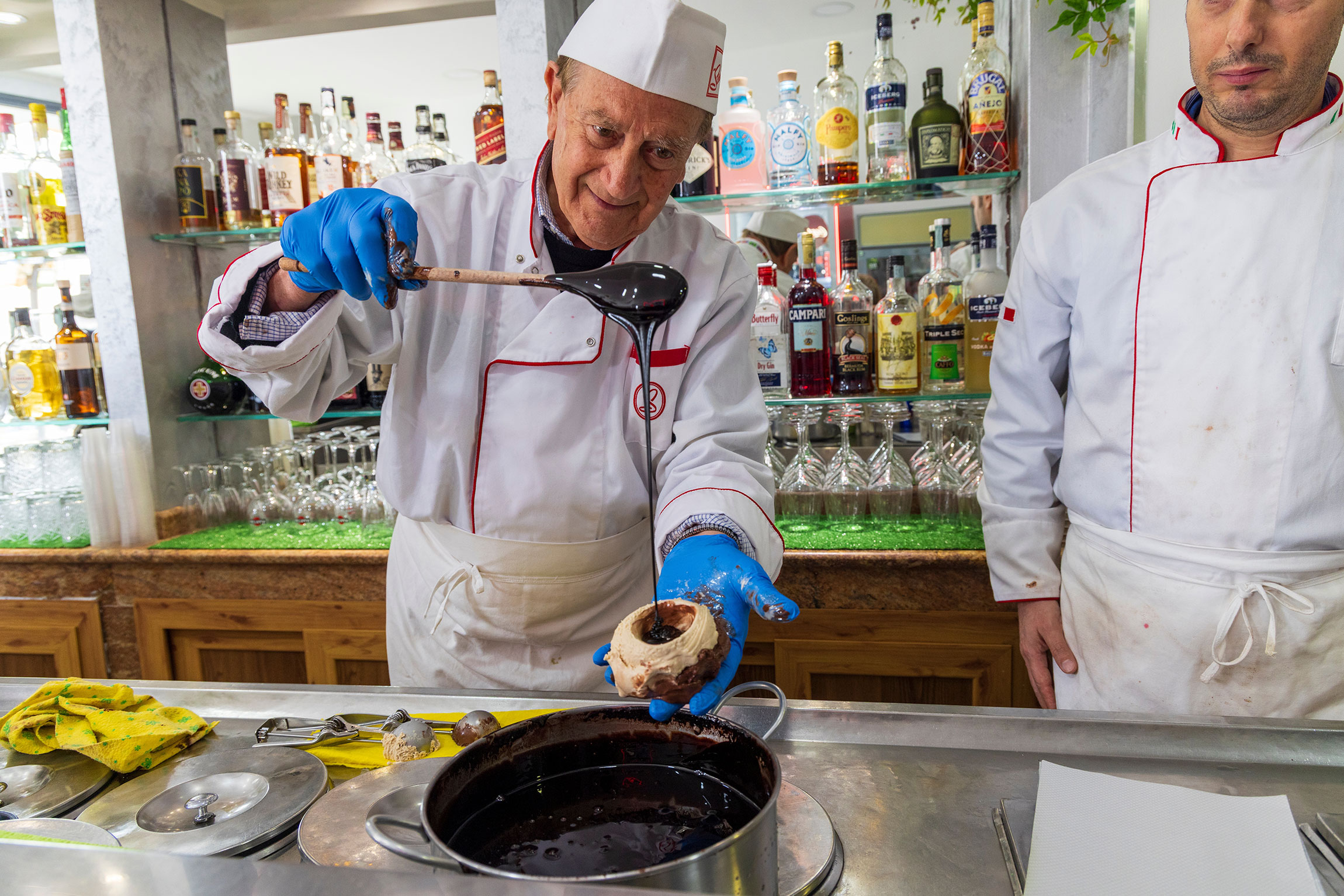Dear Readers,
The Labor Day holiday reminded me that back in the days when chips were made of wood and not silicon, the labor that enriched the Santa Clara Valley was predominantly Italian. The fertile land and mild climate attracted Italians from all regions of Italy, including Abruzzi, Basilicata, Calabria, Tuscany and Piemonte. The immigrants labored as farmers, ranchers, vegetable growers and winemakers. Italian men, women worked in canneries and packing houses, supplying the rest of California and the nation with fresh produce.
***
Labor Day theme in mind, I’ll share some excerpts from the (late) J. De Vincenzi article on how early Italo-Americans labored in the Santa Clara Valley, now aka “Silicon Valley”:
“Santa Clara Valley, then known as the ‘Valley of Hearts Delight’, was a perfect location for the early immigrants to work in the fruit and vegetable ranches, the canneries, the railroads, and to establish businesses.
They came to America to be Americans. They saved their money to send to parents and relatives, so they could also come to America.
In the three major areas of Agriculture, Business and Professions, many Italians who labored in fields and orchards and later became landowners, whose descendants became highly professional people in law, business, education, food processing, and real estate.
In the early 1900’s, people like Frank Perrone, from Tricarico, province og Matera in the Basilicata region of Italy, exemplied success in his new country America. A longtime San Jose rancher, he later owned the Perrone Cheese Company.
In 1922, the Barbaccia Brothers, Philip and Nicholas, along with their father, Ciro, were successful ranchers and had started a new cannery, the Santa Clara Valley Canning Company. They increased their earnings and purchased a 50-acre ranch in southwest San Jose.
In Cupertino (now the heart of Silicon Valley and home of Apple Computer), Rosario and Joe Cali expanded their orchard ranch into a fruit hauling business that included hay and feed. All this began from two Sicilian immigrants who had faith in America and were determined to succeed.
Marco “Mike” Lobue and his brother went from ranch laborers to landowners, later establishing Lobue Packing Company of San Jose and the San Jose Canning Company.
The Di Fore Family started the Di Fore Canning Company, adding to the many canneries that became a part of Santa Clara Valley’s fame as the fruit canning capital of the world.
Anthony R. Giangi, Sr. from Cerda, Palermo, a pioneer in the tomato canning business, established with his family, the Contadina Tomato Paste Cannery, the first tomato cannery in the United States. He later started the Giangi Brothers Packing Company in Santa Clara. His sons, Valentino, Peter, John and Anthony Jr. carried on the business after World War II.
The Sabatino Family, of east San Jose, under the leadership of Murphy, worked hard with his ten brothers and sisters on the ranches and in an established family grocery store. Murphy became a very successful businessman, realtor, investor, land developer, politician and an Italian-community volunteer.
Don Lima, taking over his father’s orchard at the early age of 11, became a very successful businessman in the mortuary business. The Lima Family Mortuary business included his four children, Carly, Joe, Gus and Don Jr. In 1975, he and fourteen others became the original founders of the Italian American Heritage Foundation.
The Lamantia Family, of Orchards of Evergreen, were family ranchers headed by Leonard and Ted Lamantia, children of Grace (Cancilla) and John Lamantia. Their roots were firmly attached to Sicily. They grew quality apricots, prunes and cherries. “Red” Lamantia operated one of the largest dry yards and was the first to innovate with automated apricot cutters.
The Di Napoli Family, headed by rancher Frank Di Napoli, started the Sun Garden Cannery with the acquisition of the Bisceglia Canning Company in San Jose. Today, the Di Napoli family is very prominent in land development, real estate, and community philanthropy.
The Vincent Cortese Family, who came from Trabia, Sicily in 1922, progressed from picking cherries and prunes to operating over 1,000 acres of orchards. His son, Dominic, later entered politics and was elected chairman of the Board of Santa Clara County Supervisors. From 1966 to 1979, he also served as State of California Assemblyman, representing the 24th district.
The De Rosa Family- Gene, Al, and Joe – became prominent orchardists prior to and after 1940, extending their interests later to shopping centers.
Joe Perrucci started the Mayfair Packing Company and helped to start the Sun Garden Packing Company, both major fruit processing and distributing operations. Perrucci, in 1961, established a dried fruit plant, a replica of his own San Jose plant in Naples, Italy at the request of the Italian Government.
Beniamino Cribari started his business in 1904 with his sons, forming the winery known as B. Cribari and Sons.
The Fontana Family formed a fruit packing plant, which later became the Del Monte Canning Corporation, a nationally known label in canned fruits and vegetables.
The Guglielmo Family- Gene, Gary and George of Morgan Hill – operate the oldest winery in the Santa Clara Valley and distribute the wines throughout the United States.
The Marchese Family, ranchers led by Chris Marchese, became one of the largest growers of cherries and apricots. In 1960, he became the largest apricot grower in the world.
***
The Italians in Santa Clara Valley also contributed to the establishment of a wide variety of businesses servicing the community in the following areas:
A.P. Giannini, born in San Jose and probably the most famous businessman in Santa Clara Valley, opened the “Banca D’Italia” or the Bank of Italy in San Francisco in 1906 and his first branch bank in San Jose. With a name change to Bank of America, it became the largest banking system in the world.
And “nota bene”: During the Great Depression of the 1920s and 30s, he refused to foreclose on property owners who could not pay the property tax payment.
***































